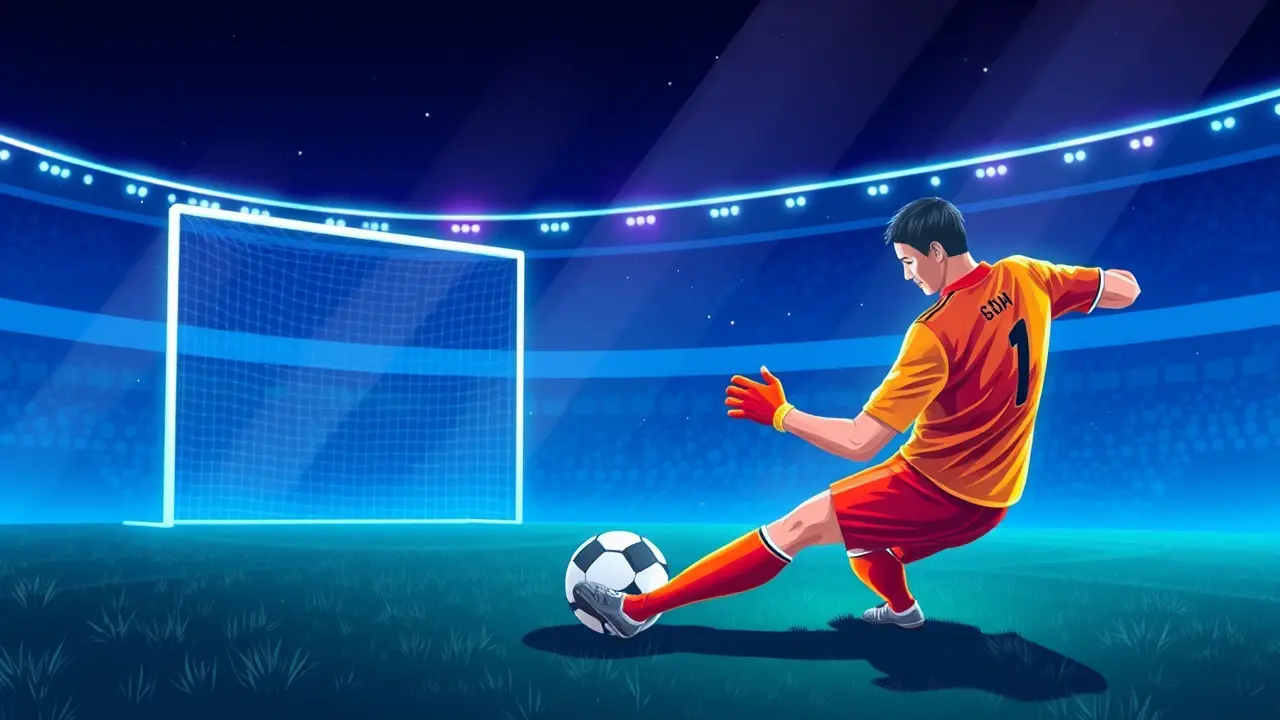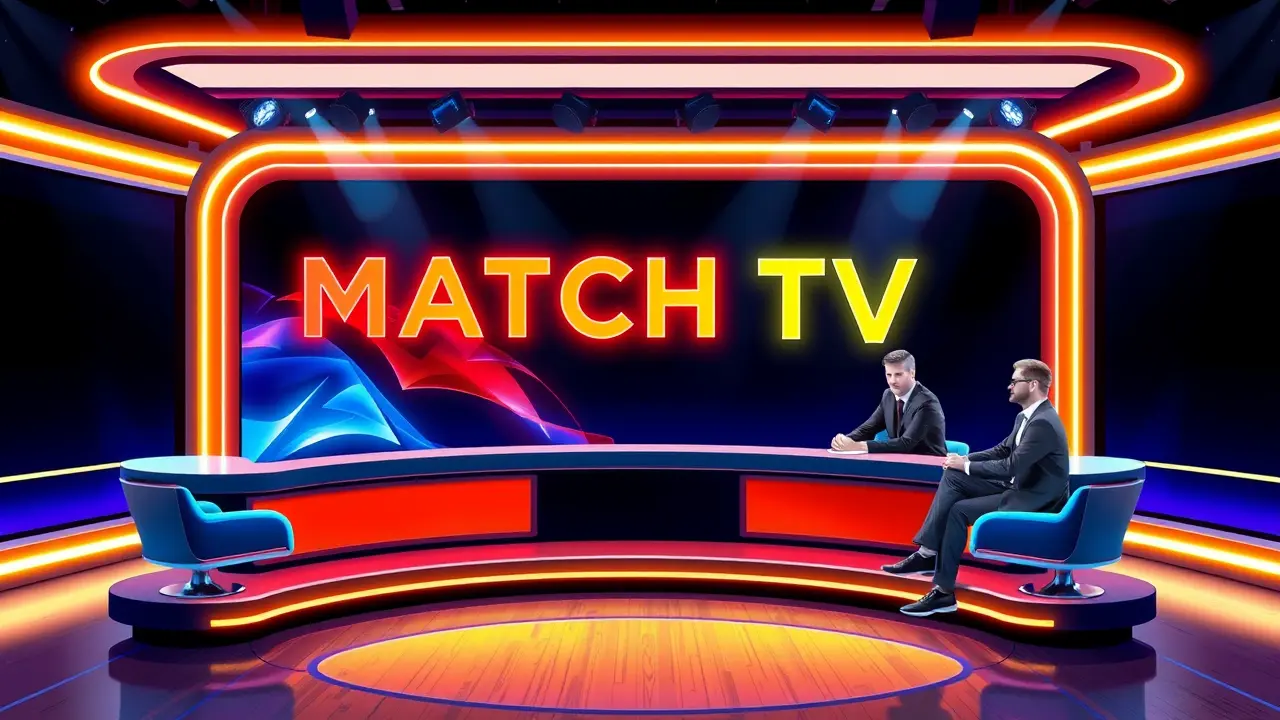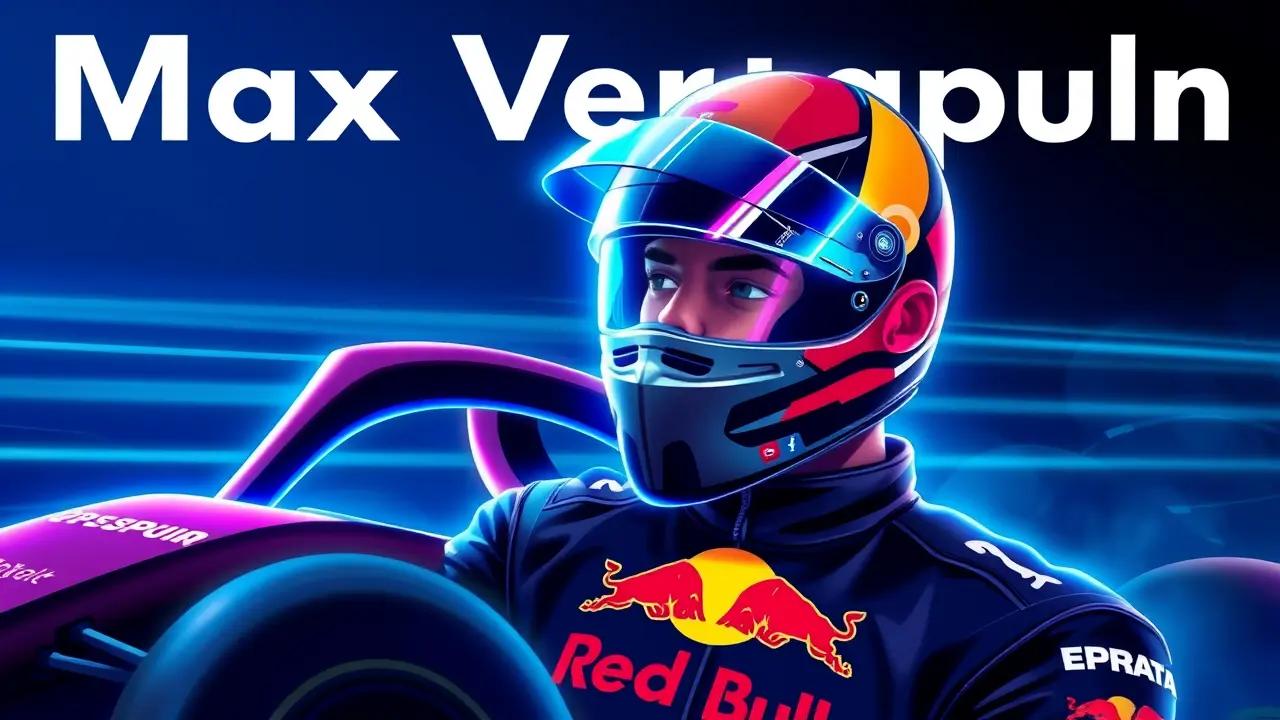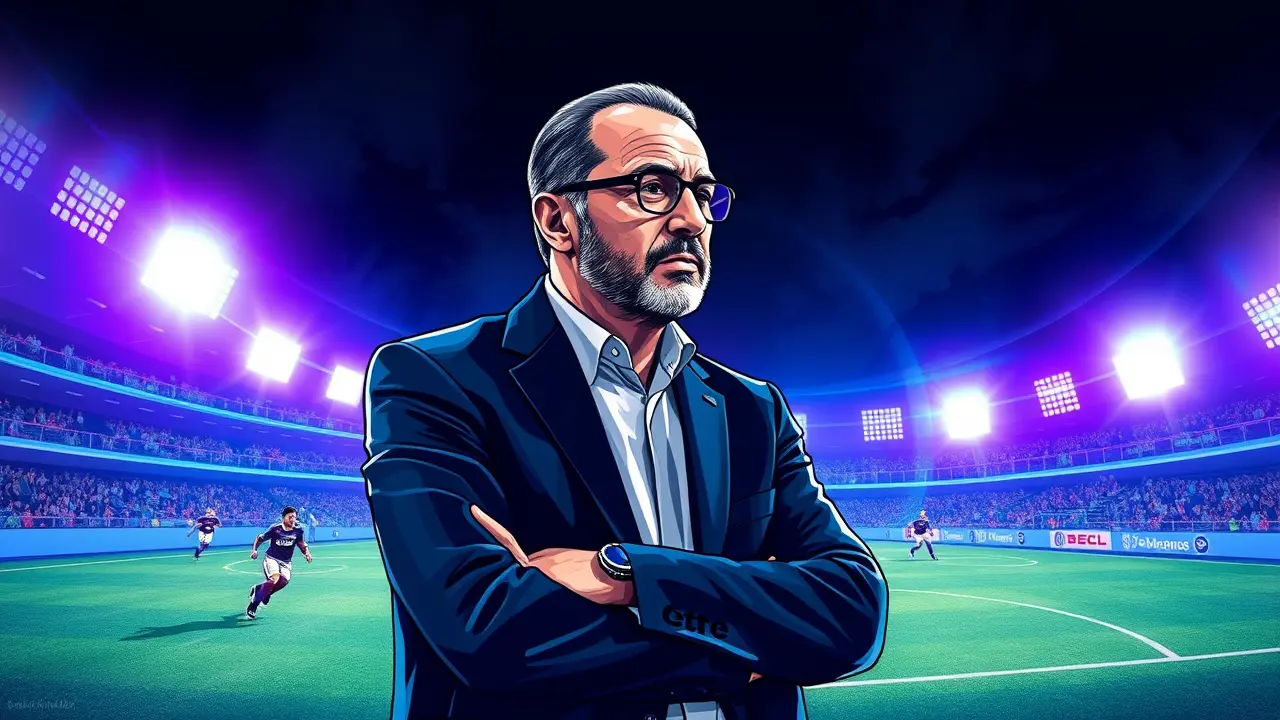
SportfootballTransfer Market
Viktor Gusev defends anglicisms in football commentators' speech.
JA
Jack Turner
6 days ago7 min read
In a refreshingly candid defense of linguistic evolution within the beautiful game, legendary commentator Viktor Gusev has thrown down the gauntlet against the purists seeking to purge football's lexicon of its English roots, a stance that resonates deeply in an era where the sport's global language is as fluid and dynamic as a Lionel Messi dribble. Gusev, whose voice is as synonymous with Russian football as the iconic tactics of Valeriy Lobanovskyi were with Dynamo Kyiv, dismissed the fear of anglicisms as fundamentally missing the point, arguing with the sharp logic of a seasoned analyst breaking down a tactical system.'I see nothing terrible in anglicisms. Football is an English game; the word itself is English.We don't say ‘nogomyach’, do we?' he stated, cutting to the heart of the cultural appropriation inherent in the sport's very DNA, much like how the Dutch 'Total Football' philosophy was adopted and adapted by Barcelona to create their tiki-taka dynasty. He specifically tackled the controversy around the term 'save', a point of contention for traditionalists who long for a linguistically pristine past.'It irritates some people: ‘We didn't used to talk like that. ’ Well, we didn't used to have such detailed statistics either.Nobody used to count goalkeeper saves. Then we started, and we needed a word to briefly headline the column in the tables.You're not going to write ‘goal’, ‘assist’, and… ‘goalkeeper saving the ball’. So ‘save’ is completely normal,' Gusev elaborated, highlighting the symbiotic relationship between data analytics and vernacular, a connection as vital as the one between a midfielder's pass completion rate and his team's possession dominance.This isn't merely a pedantic debate over vocabulary; it's a frontline in a larger culture war over the soul of the sport's narration, reminiscent of the philosophical clashes between Johan Cruyff's idealism and the pragmatic catenaccio of Italian defences. The context for Gusev's remarks is a reported move by ‘Match TV’ to ban a list of 40 foreign borrowings, including seemingly innocuous terms like ‘Championship’, ‘loser’, and even the affirmative ‘ok’, a directive allegedly stemming from the top-down views of a senior executive.This push for linguistic purity, while ostensibly patriotic, risks creating a commentary experience that is out of sync with the international reality of the modern game, where a ‘low block’ and a ‘high press’ are universally understood concepts from the Premier League to the Brazilian Serie A. Gusev’s broader critique extends to other linguistic quirks that plague modern broadcasting, where he has previously expressed frustration with the strange use of ‘po itogu’ (by the outcome) instead of the more human ‘v itoge’ (in the end), and the irritating phrase ‘v ispolnenii’ (in the performance of).Yet, he saves his most fiery rhetoric for what he perceives as absurd prudishness, famously lambasting ‘little puritans’ who fear the word ‘konchat’ (to finish) and, even more bizarrely, the word ‘ochko’ (point, but also a slang term for anus), insisting that in football tables, there are only ‘ochki’ (points). This battle is not unique to Russia; it echoes in Spain's debates over 'corner' versus 'saque de esquina' and in Italy's acceptance of 'stop' in basketball.The fundamental question Gusev forces us to confront is whether the language of football commentary should be a museum piece, preserving a static form of the national tongue, or a living, breathing entity that evolves with the game itself, incorporating the terminology that best describes its ever-increasing complexity. As football continues its trajectory towards hyper-analytics, with expected goals (xG), progressive carries, and shot-creating actions becoming standard fan vocabulary, the commentary box must keep pace or risk becoming irrelevant.To insist on cumbersome native phrases for every new metric is to handicap the narrative flow of the match, much like forcing a counter-attacking team to play a slow, possession-based game against their nature. Gusev’s defense is, therefore, a defense of modernity, of clarity, and of the beautiful game’s inherently international spirit—a powerful assist to those who believe that the language of football should be as fluid, effective, and globally connected as the sport it describes.
#editorial picks news
#football commentary
#language debate
#anglicisms
#Russian language
#sports terminology
#Viktor Gusev
Stay Informed. Act Smarter.
Get weekly highlights, major headlines, and expert insights — then put your knowledge to work in our live prediction markets.
Related News
© 2025 Outpoll Service LTD. All rights reserved.













